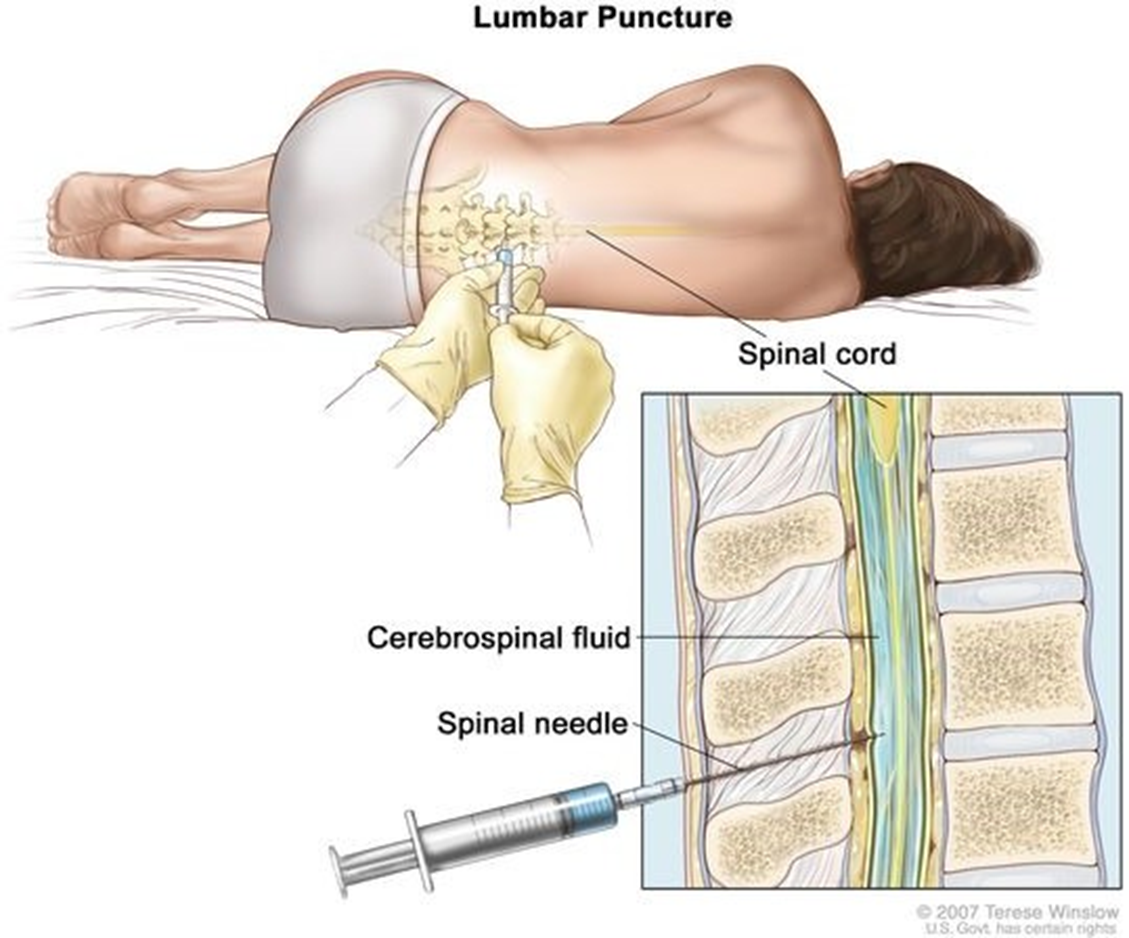A patient with small cell carcinoma of the lung is admitted with syndrome of inappropriate antidiuretic hormone (SIADH). The patient’s serum sodium level increases from 120 mEq/L to 125 mEq/L as they respond to treatment. Based on this finding, what intervention should the nurse implement?
Maintain the prescribed fluid restriction.
Withhold the next scheduled dose of treatment.
Increase neurologic checks to every 2 hours.
Assess for increasing fluid volume overload.
The Correct Answer is A
Choice A rationale
Maintaining the prescribed fluid restriction is crucial in the management of SIADH. Fluid restriction helps to prevent further dilution of sodium in the blood, which can exacerbate the symptoms of SIADH34.
Choice B rationale
Withholding the next scheduled dose of treatment is not necessarily the appropriate intervention based on the increase in serum sodium level. The treatment plan should be adjusted based on the patient’s overall clinical picture and in consultation with the healthcare provider.
Choice C rationale
Increasing neurologic checks to every 2 hours is not directly related to the increase in serum sodium level. While neurologic checks are important in monitoring the overall health status of the patient, they are not specifically indicated based on the serum sodium level alone.
Choice D rationale
Assessing for increasing fluid volume overload is not the appropriate intervention based on the increase in serum sodium level. SIADH is characterized by water retention, not fluid volume overload.
Nursing Test Bank
Naxlex Comprehensive Predictor Exams
Related Questions
Correct Answer is A
Explanation
Choice A rationale
A lumbar puncture is a key diagnostic procedure for suspected bacterial meningitis. It allows for the collection of cerebrospinal fluid, which can be analyzed for signs of bacterial infection.
Choice B rationale
Skull radiography is not typically used to diagnose bacterial meningitis. While it can help identify abnormalities in the structure of the skull or brain, it cannot detect the presence of bacteria.
Choice C rationale
While an MRI can provide detailed images of the brain and surrounding tissues, it is not the primary tool for diagnosing bacterial meningitis. It may be used in conjunction with other tests, but a lumbar puncture is more definitive.
Choice D rationale
A CT scan can be used to detect abnormalities in the brain, such as swelling or inflammation, which could be indicative of meningitis. However, it cannot definitively diagnose bacterial meningitis.

Correct Answer is ["A","B","D"]
Explanation
Choice A rationale
A diet high in protein and vitamins A and C can help promote wound healing. Protein is essential for tissue repair, and vitamins A and C play crucial roles in wound healing and immune function.
Choice B rationale
Keeping legs elevated when sitting or lying down can help reduce swelling and improve blood circulation, which is beneficial for healing venous leg ulcers.
Choice C rationale
Maintaining as much bed rest as possible is not typically recommended for patients with venous leg ulcers. Physical activity and movement can help improve blood circulation, which is beneficial for healing venous leg ulcers.
Choice D rationale
Inspecting ankles daily for areas of darkening skin can help detect early signs of worsening venous leg ulcers. Early detection and treatment can prevent complications and promote healing.
Choice E rationale
Applying intermittent cold compresses four times daily is not typically recommended for venous leg ulcers. Cold compresses can constrict blood vessels and reduce blood flow to the area, which may hinder the healing process.
Whether you are a student looking to ace your exams or a practicing nurse seeking to enhance your expertise , our nursing education contents will empower you with the confidence and competence to make a difference in the lives of patients and become a respected leader in the healthcare field.
Visit Naxlex, invest in your future and unlock endless possibilities with our unparalleled nursing education contents today
Report Wrong Answer on the Current Question
Do you disagree with the answer? If yes, what is your expected answer? Explain.
Kindly be descriptive with the issue you are facing.
